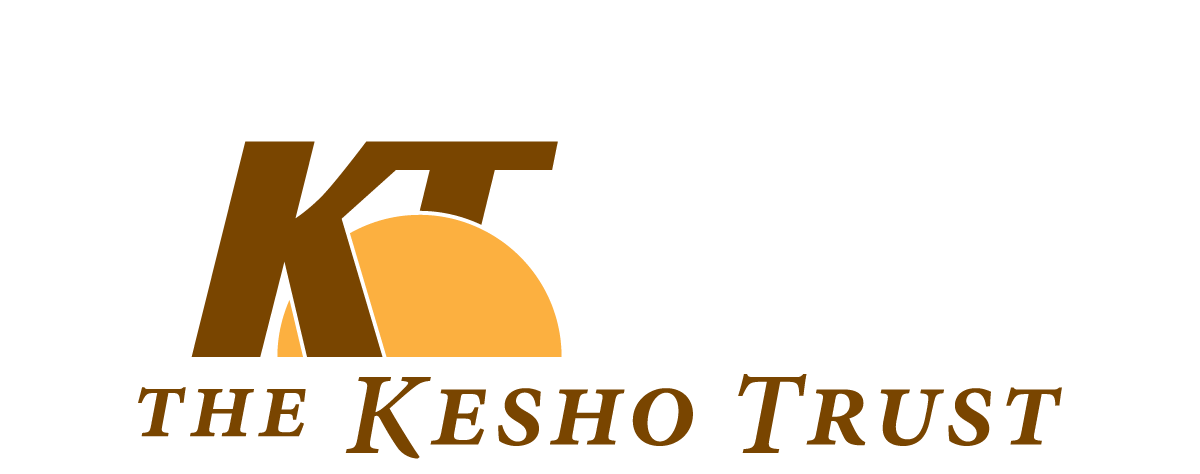Connections Grant
In 2019 a Kesho Trust / UVic partnership planned and conducted a very successful study tour made possible through a Connections Grant from SSHRC. Three representatives from the Enguserosambu Forest Trust in Tanzania came to Canada to visit First Nations communities and share experiences of the challenges of maintaining indigenous culture, controlling traditional lands and managing resources alongside continually expanding colonial global economic and cultural systems. The EFT representatives (Samwel Nangiria, Mark Talash and Nalaimuta Makeseni) were joined on the tour by Phil Dearden (UVic), Crystal Tramblay (UVic) and Bruce Downie (Kesho Trust). During the two week tour beginning at UVic, the group visited the T’Sou-ke First Nation and the Tla-o-qui-aht First Nation on Vancouver Island before traveling north to Yukon where they visited Selkirk First Nation, Kwanlen Dun First Nation and Carcross/Tagish First Nation. The Maasai delegates also made presentations about their culture and the management of their traditional territory at public meetings at UVic and in Whitehorse.
The Connections Grant was a first level of funding and the Kesho Trust / UVic partnership subsequently applied and were successful in being granted the second stage of funding – a Partnership Development Grant. Under that funding, the project the Indigenous Knowledge Bridging of Land and Water Governance in Tanzania and Canada (IKG) was developed and implemented.
For a summary of the initial Maasai study tour visit: Maasai Study Tour
A video of the tour was also produced.
Duration:
Start: August 2018
End: July 2019
Funder:
Social Sciences and Humanities Research Council of Canada (SSHRC)
Grant Amount:
Can $50,000
